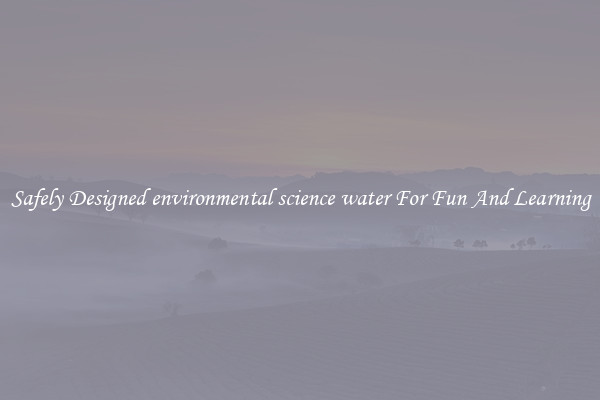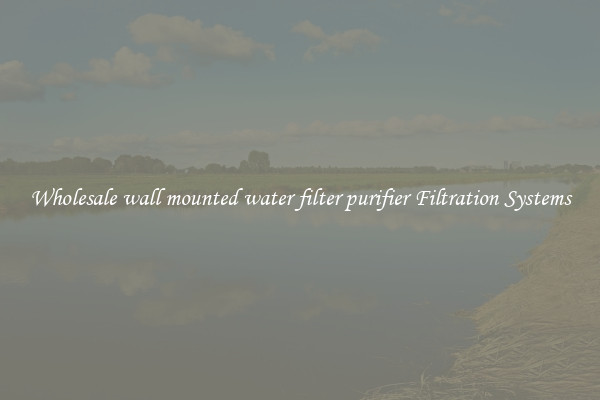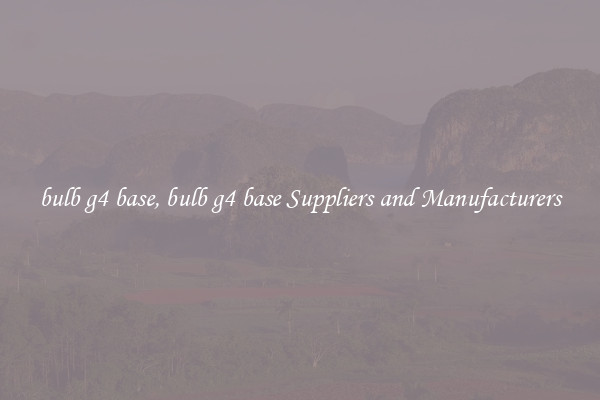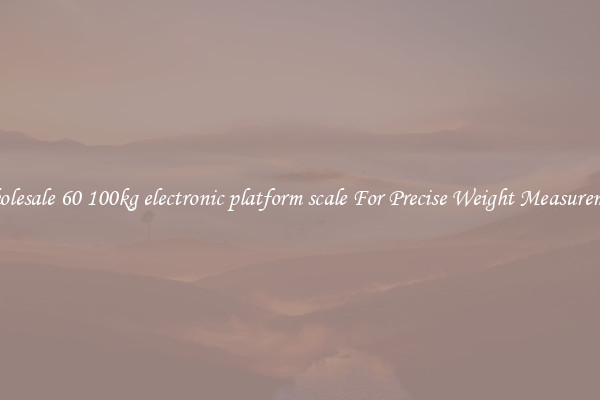Wholesale car lpg gas price to Ship Gaseous Substances Safely
Wholesale Car LPG Gas Price: Shipping Gaseous Substances Safely
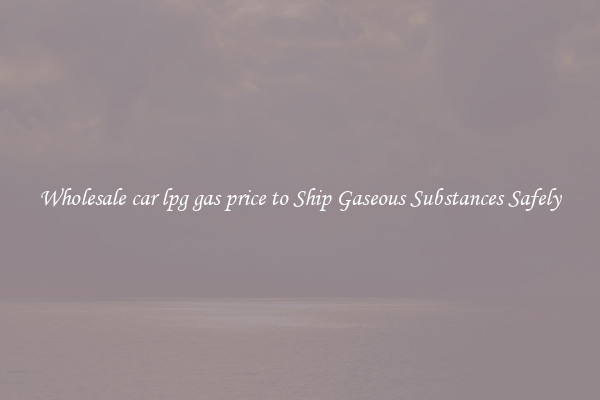
The demand for liquefied petroleum gas (LPG) as a vehicle fuel has been steadily increasing over recent years. As a result, the need for safe and efficient transportation of gaseous substances, including car LPG gas, has become crucial in the wholesale market. Ensuring the secure shipping of these substances not only protects the environment but also safeguards the well-being of individuals and assets involved in the transportation process.
One of the primary concerns when shipping gaseous substances is the risk of leakage or accidental release during transit. LPG is a highly flammable gas, and any mishap during transportation can have catastrophic consequences. Therefore, it is essential to employ stringent safety measures and protocols to prevent accidents and ensure the security of all stakeholders.
The first step in shipping LPG gas safely is to comply with regulatory requirements. Each country has its own set of guidelines and regulations pertaining to the transportation of hazardous materials, including LPG. Wholesale car LPG gas suppliers need to be well-informed about these regulations and ensure full compliance with them. This includes obtaining the appropriate permits and licenses to transport and handle gaseous substances.
Another crucial aspect of safe shipping is maintaining proper packaging and container standards. LPG gas is typically transported in specially designed pressure cylinders or tanks that can withstand the high pressure and potential impacts during transit. These containers need to meet strict safety standards, including regular inspection and maintenance, to prevent leaks or rupture.
Training and education for all personnel involved in the shipping process are essential to mitigate potential risks further. Drivers, handlers, and other staff need to be adequately trained in handling gaseous substances, recognizing signs of leakage, and responding to emergencies. They should also be well-versed in safety protocols and measures to be taken in case of any unfortunate incidents.
Additionally, it is equally crucial to implement comprehensive monitoring systems to track shipments and detect any leaks or deviations from the established safety standards. Advanced technologies, such as gas leak detectors and real-time tracking systems, can significantly enhance the ability to identify and address any potential safety concerns promptly.
Lastly, effective communication and coordination with relevant authorities, emergency response teams, and other stakeholders are vital. In the event of an LPG gas leak or emergency, prompt and accurate communication is critical for evacuation, containment, and mitigation efforts. Regular drills and practice exercises should be conducted to ensure all parties involved are well-prepared to respond to any unforeseen circumstances.
In conclusion, the wholesale car LPG gas market necessitates the safe shipping of gaseous substances. Strict compliance with regulations, the use of appropriate packaging and containers, proper training for personnel, comprehensive monitoring systems, and effective communication are fundamental aspects of ensuring the secure transportation of car LPG gas. By prioritizing safety, wholesale suppliers can contribute to a sustainable and secure supply chain while safeguarding both the environment and human lives.
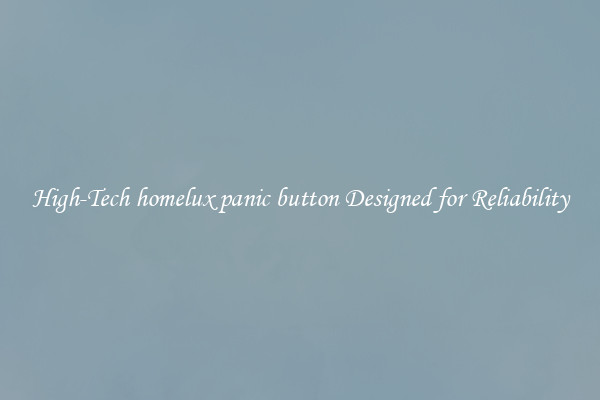
View details
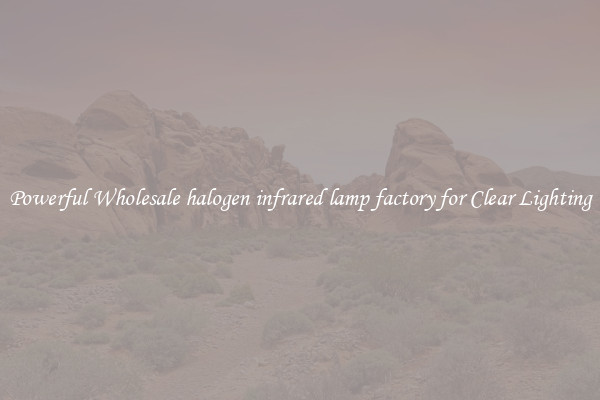
View details
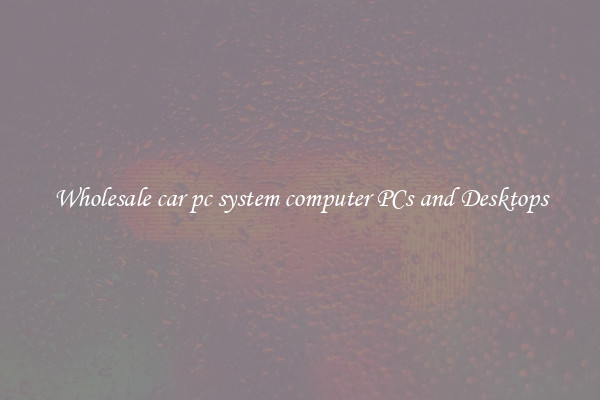
View details
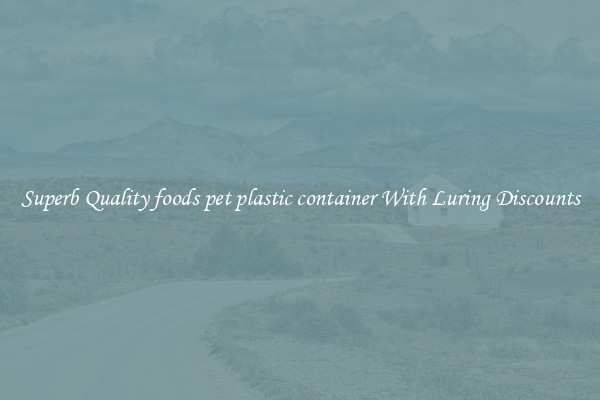
View details

